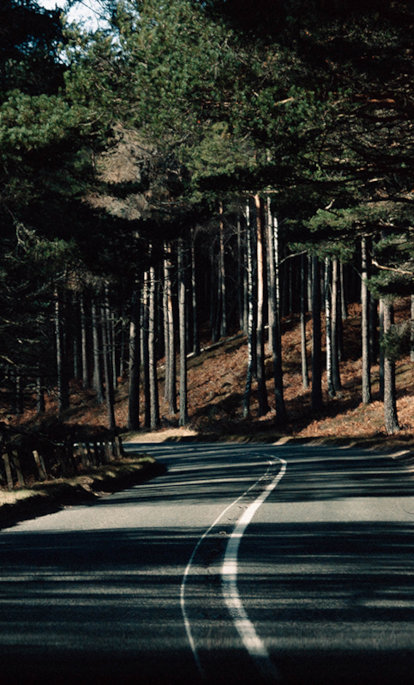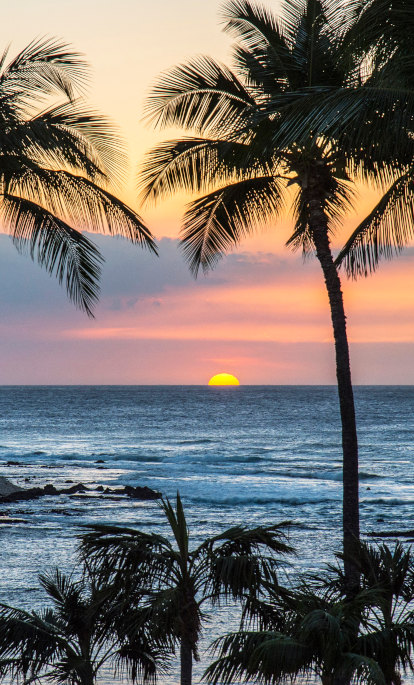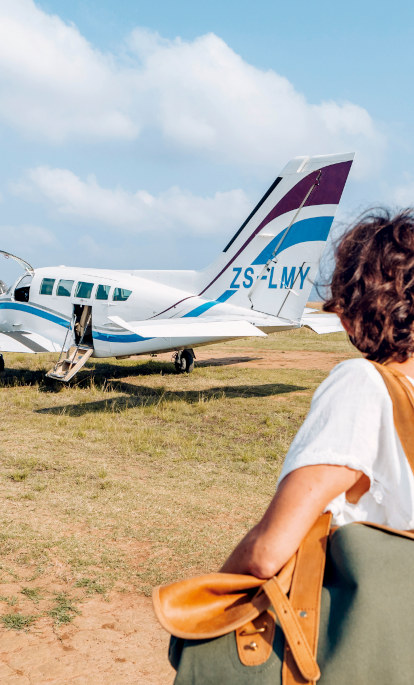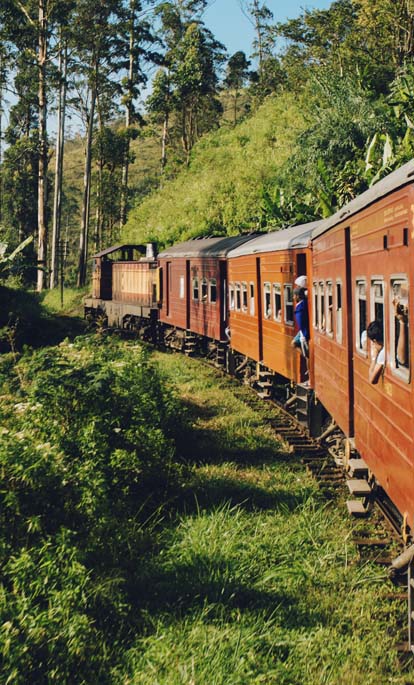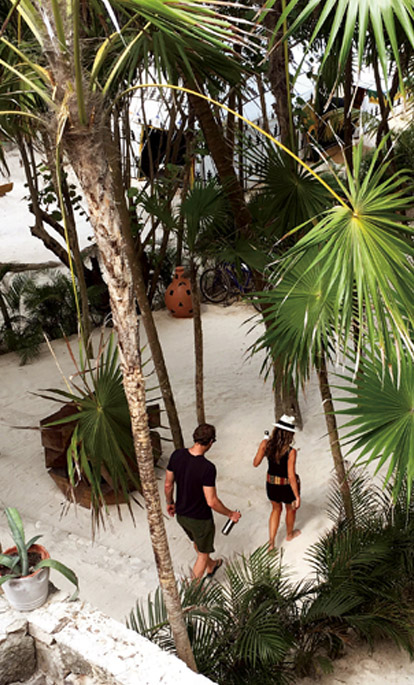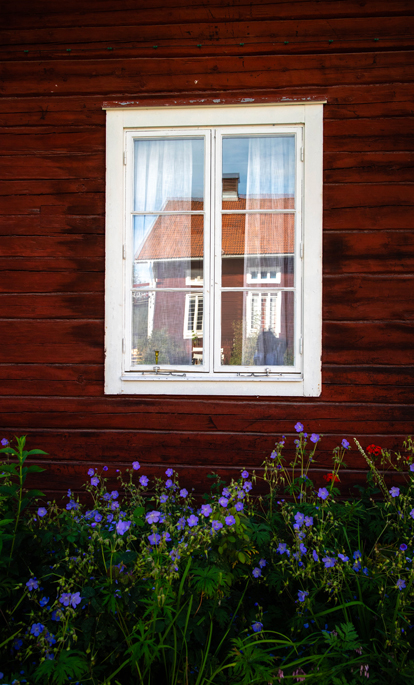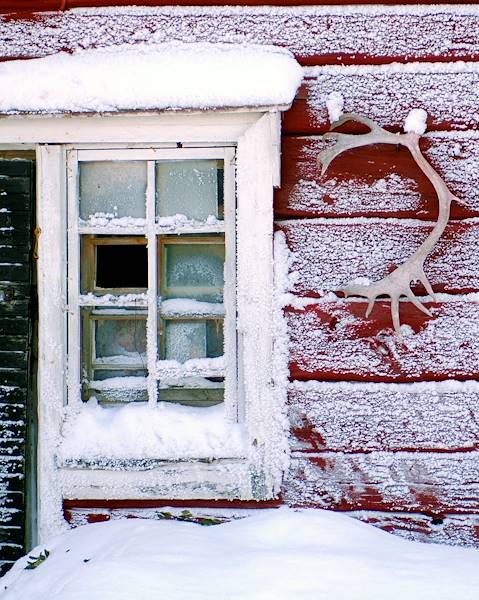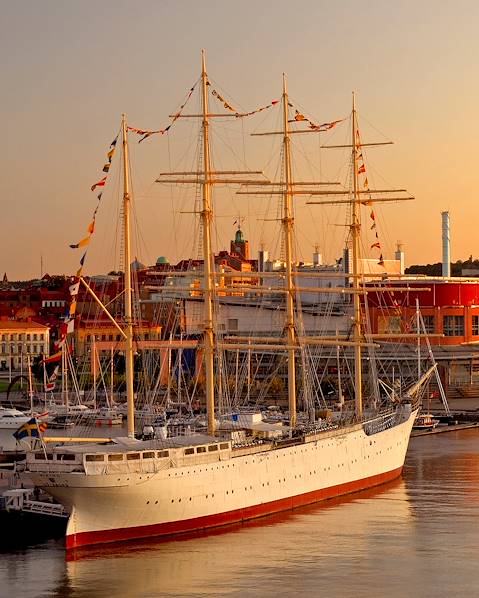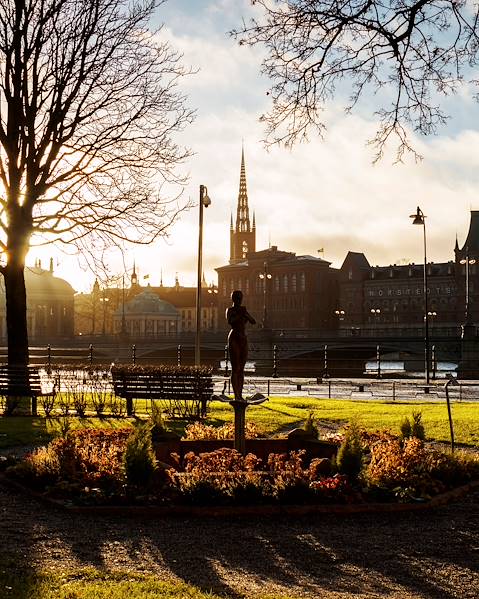The home of IKEA, ABBA, meatballs and minimalist design, Sweden has produced some iconic offerings. Our holidays include a lot more than these legendary creations though, so you’ll really get to know the culture and history of this Scandinavian nation. Stockholm, spread across 14 islands, is a hub of trendy coffee shops and modern design stores, juxtaposed with the immaculately preserved historic centre of Gamla Stan. Elsewhere in Sweden, there’s an abundance of natural beauty, including snow-covered forests, charming fishing villages and the breath-taking Northern Lights. If you want to make the most of this fascinating country, here are some things to know before travelling to Sweden…
Climate & Weather
Sweden’s climate varies across different regions and also sees dramatic fluctuations in temperature depending on the season. In the northeast and far north, the winters can be fairly severe, with temperatures dropping as low as -30°C, so ensure you pack plenty of layers. Winter is still cold in central and southern Sweden, however it is a lot shorter and summer has plenty of sunshine, with a similar climate to the south of England. Our experts can advise on the best time to visit, depending on whether you’re after a summer city break or snow-capped adventure. It’s also worth noting that the sun doesn’t really set in summer: it rises around 3.30am and sets after 10.30pm, with the reverse occurring in winter.
Food & Drink
Petrol stations and local stores are prohibited from selling alcohol and it’s illegal to drink on the streets in Sweden. 'Systembolaget' stores, introduced by the government in 1955 to control alcohol consumption, are the main places to buy alcohol, which you have to be over 20 years old to purchase. You will still find alcoholic drinks in bars and restaurants, where the drinking age is 18. In terms of food, pickled herring is a speciality, along with other forms of smoked fish (including mackerel, salmon and eel). The coastal villages are home to fish smokeries, where you can sample local smoked delicacies.
Transport
Driving is the easiest way to get around Sweden, as the roads are well maintained and fairly uncongested. The public transport system is also fairly extensive, with trains, coaches and buses, and this provides a less expensive alternative to Uber or taxis (which are pricey compared to other countries). For an easy, environmentally friendly mode of transport, there are plenty of cycle paths through towns and the countryside, which is also an excellent way of exploring the local area.
Safety
Sweden is one of the safest countries in the world, with incredibly low crime rates and welcoming locals. One issue can be taxi scams, as the industry is not regulated, so unofficial cabs are expensive and can be unsafe. There are some trusted companies, which we can recommend, so it’s best to stick with these (or Uber), or use an alternative form of transport. As in most cities, pickpockets do operate in busy tourist areas, so make sure to keep hold of personal belongings and avoid flashing valuable watches or jewellery.
Culture
'Fika', which loosely translates to ‘pause’ or ‘coffee break’, is an integral part of Swedish culture and undoubtedly one of the key things to know before travelling to Sweden. The tradition of sharing coffee and pastries with friends and family is more than just a coffee break, and instead represents an attitude and state of mind in Sweden.
Etiquette
Recycling is a prominent part of Sweden’s environmentally-conscious culture and something that everyone participates in, with most households having up to seven separate recycling bins. Make sure to respect this practice and reduce, reuse and recycle when you can.
Must-sees
The art of transforming molten glass into intricate objects is an intriguing tradition in Sweden. Glasriket (the Kingdom of Crystal), in southern Sweden, has 13 glassworks where you can watch the glass-blowing in action and even try for yourself. This makes an excellent souvenir or gift to take home with you. The Vasa Museum is another must-see, as it’s home to the famous Vasa ship, which sank as it set sail in 1628. The museum is excellent for an education on Sweden’s ‘Golden Age’ in the 17th century.
Additional Information
Off the coasts of Sweden, you’ll find various archipelagos, where many Swedes have holiday homes. In total, there are approximately 24,000 islands, although only 150 are inhabited. It’s possible to visit the larger ones by ferry and this makes a lovely day trip or we can organise island-hopping as part of your holiday.

